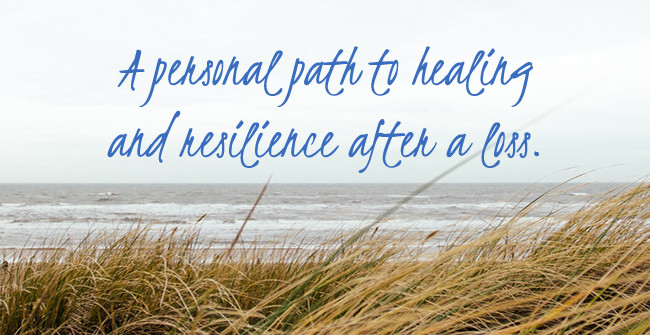I take it as a healthy sign that every year as I open the windows, clean and change the house for warmer weather, I’m able to part with more things that once belonged to my deceased husband. I think it’s okay or “normal” to keep a few precious items that belonged to your loved one when he or she was alive but not boxes and boxes of stuff.
In the beginning, I kept a lot of his clothes because I wasn’t sure whether my son or others would decide later on that they wanted a particular item for themselves. He owned a ton of ties and shall we say some of them were rather spirited and colorful just like him. Yes, his ties were legendary. For the most part, people eventually received what they wanted and now I have donated many items to a men’s homeless shelter. I think my husband would have liked this idea.
I still have lots of pictures, postcards and some letters written in my husband’s handwriting because I find it comforting to look at his distinctive script. I also saved his wristwatch and a few other personal things but that’s about it for material possessions.
Holding on to a loved one’s possessions is a tricky area because it can become unhealthy and the inability to give possessions away can hold you back from moving forward with your life. According to Dr. Rita Freedman, grieving, for some people, can become a habit that is “just as compelling and satisfying as any addiction.”Freedman, a licensed clinical psychologist and author of several books, including, “Overcoming Loss: A Healing Guide,” says that “letting go” is an active process that has many aspects. It can involve letting go of objects, as well as anger, guilt and some of life’s established routines.
“You may have some painful decisions as you start sorting heirlooms from junk, sweet mementos from simple clutter,” Freedman says. “To grow beyond loss you must carve out some new space in your life.”












Leave a Reply